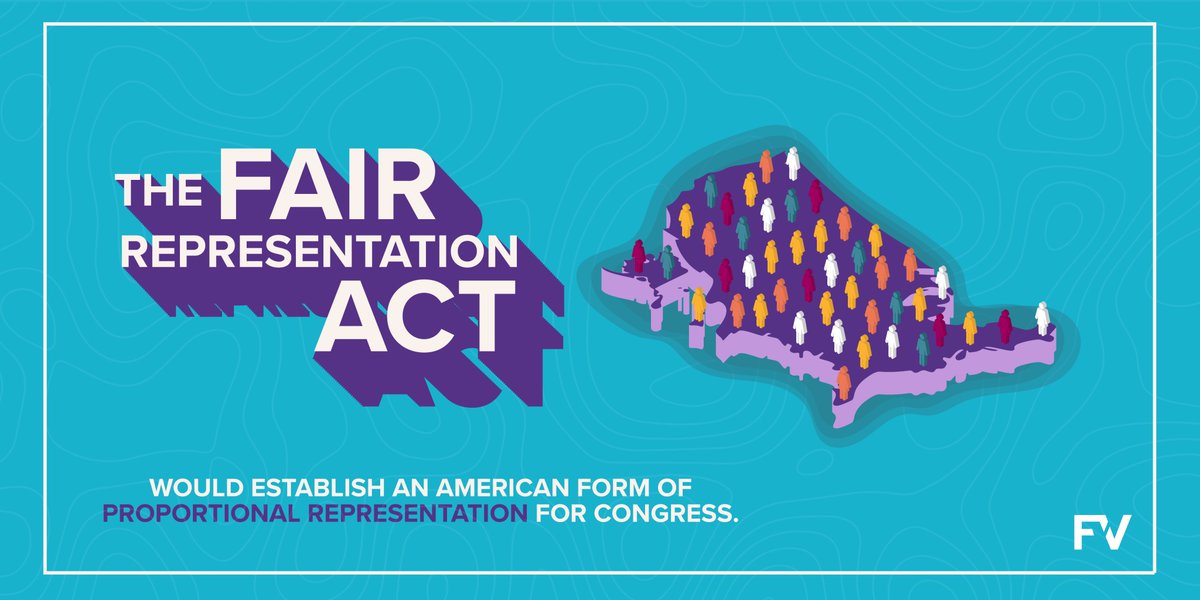Everyone’s talking about Maine, the state that will be making history this November with the first use of #RankedChoiceVoting for a presidential election. As with all things, there is a lot moving very quickly, so let’s dip our toes…
Background: After voting to enact ranked choice voting three times in four years, voters in Maine will now have the opportunity to rank presidential candidates in order of preference. This freedom was hard-won, and the fight is far from over. BUT...
Systematic changes to how our elections function don’t start in the voting booth, they start with the campaigns candidates run when RCV is at play. Time and time again we see that when RCV is available, candidates run more positive, issue-driven campaigns.
Gone is the need to tear down your opponent or polarize your campaign, just to make sure you pull ahead of “the other guy.” Instead, candidates can focus on vying for second choices and where their platforms overlap.
Example: Tomorrow is Maine's first Senate race debate, where you'll see 4️⃣ candidates take the stage including 2️⃣ Independents. But because Mainers are able to rank their candidates, there’s no “spoiler” fear.
So keep an eye out with this race: if you notice more collaborative & positive campaigning, you might have #RankedChoiceVoting to thank. Candidates are rewarded when they try to win support beyond their base.
• • •
Missing some Tweet in this thread? You can try to
force a refresh





